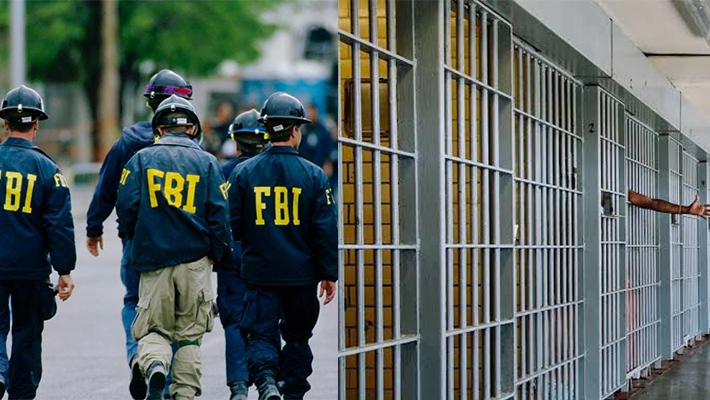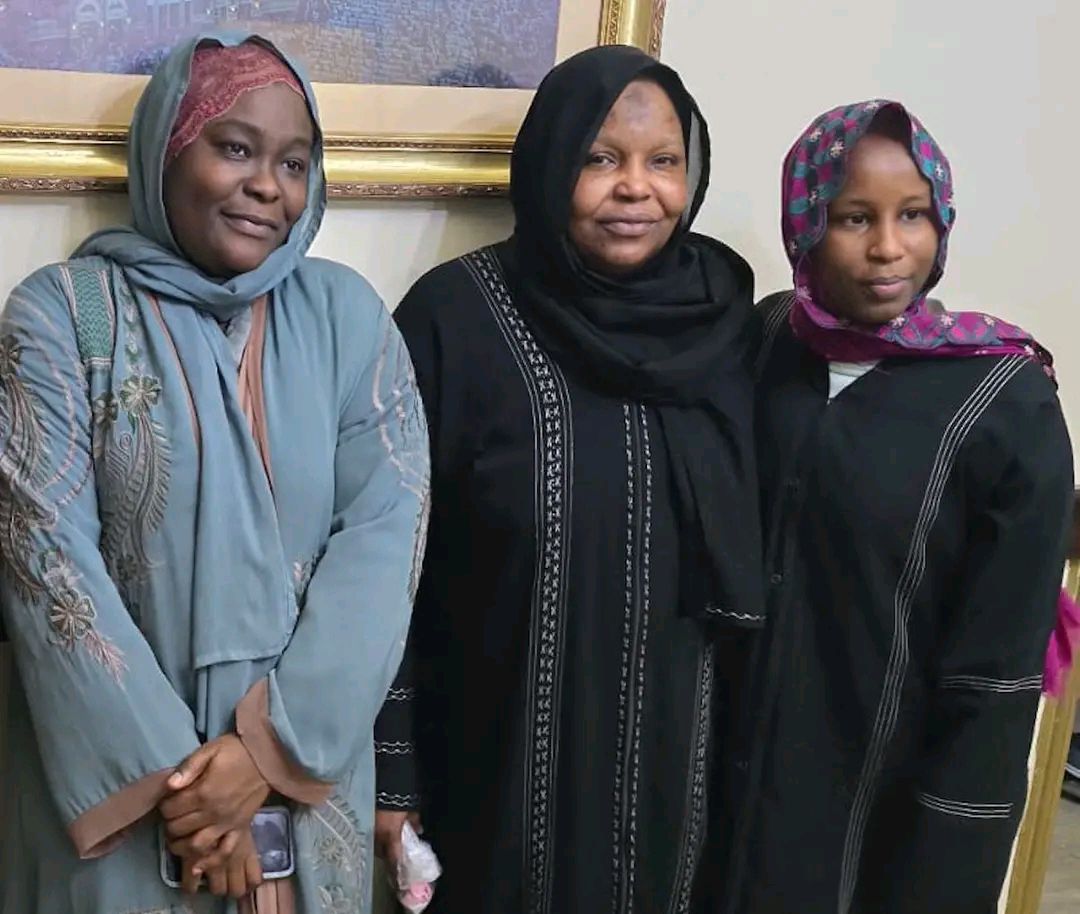In a coordinated global effort, the International Criminal Police Organization has successfully dismantled a significant portion of the notorious West African crime network, Black Axe.
Through a series of covert operations spanning 21 countries between April and July 2024, Interpol arrested over 300 individuals linked to Black Axe and its affiliated groups.
Dubbed “Operation Jackal III,” the operation targeted the cybercrime activities of Black Axe, which has been identified as a major player in online financial fraud and other serious crimes.
Interpol emphasized the network’s global reach and technological sophistication, highlighting the threat it poses worldwide.
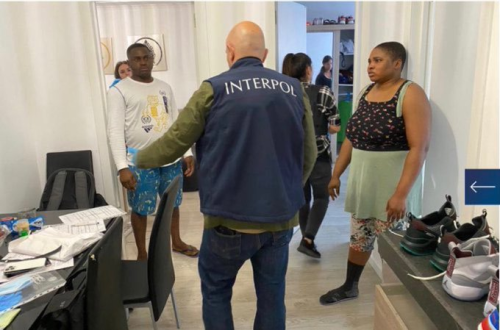
The operation resulted in the seizure of $3 million in illegal assets and the freezing of over 700 bank accounts. Tomonobu Kaya, a senior official at Interpol’s Financial Crime and Anti-Corruption Centre, highlighted the role of financial technology and cryptocurrency in facilitating the activities of such syndicates.
“These criminal syndicates are early adopters of new technologies,” Kaya said. “A lot of fintech developments make it easy to illegally move money around the world.”
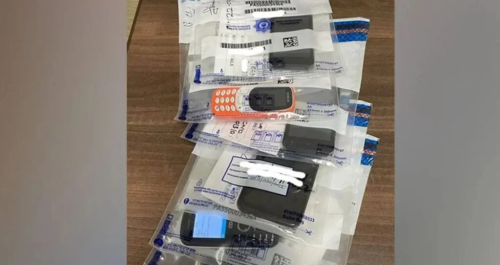
Black Axe, known for its involvement in trafficking, prostitution, and violent crimes, has found a lucrative source of revenue in cybercrime. Many of its members are university-educated, having been recruited during their schooling. Interpol’s 2022 report highlighted Black Axe and similar groups as being responsible for the majority of the world’s cyber-enabled financial fraud.
Operation Jackal III is part of a series of transnational raids targeting Black Axe and its affiliates. In 2017, Canadian authorities uncovered a money-laundering scheme linked to Black Axe, worth over $5 billion.
To combat such sophisticated criminal groups, Interpol has launched the Global Rapid Intervention of Payments system, enabling authorities to freeze bank accounts worldwide with unprecedented speed. This mechanism was used to halt a $40 million scam targeting a Singaporean business in July 2024.
Interpol’s efforts to combat Black Axe are supported by data sharing and collaboration among member countries. Dr. Oluwole Ojewale, the West Africa Regional Coordinator from the Institute for Security Studies, criticized the Nigerian government for its laxity in addressing the issue. He accused politicians of using members of these syndicates for their own gain, providing them with the tools to defraud innocent people.
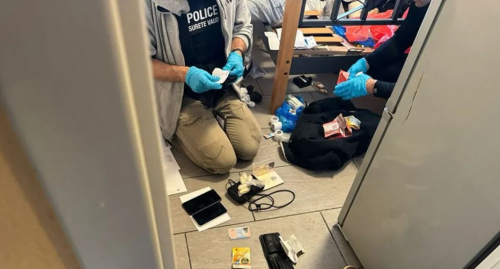
President Bola Tinubu pledged increased support for the Economic and Financial Crimes Commission to enhance its capacity to tackle digital offenses. However, Nigeria continues to face significant challenges in combating cybercrime, with annual losses estimated at $500 million.
The Interpol-led operations against Black Axe have their roots in Ireland, where the Garda National Economic Crime Bureau identified 1,000 individuals with links to the network in 2020.
The bureau’s investigation revealed a surge in money laundering activities in Ireland, with over €1 million in crypto-assets seized during one operation.

